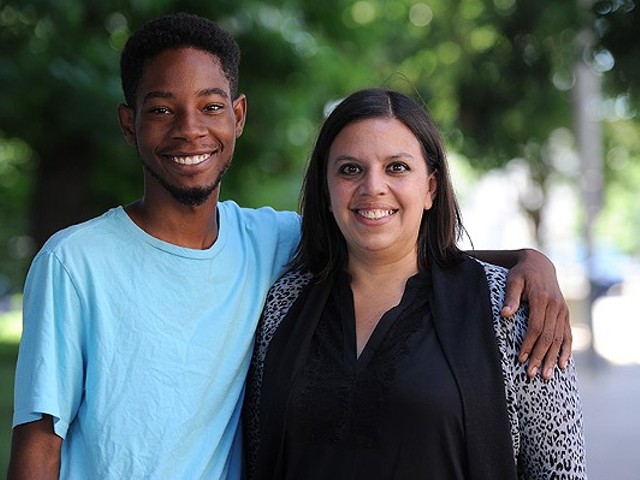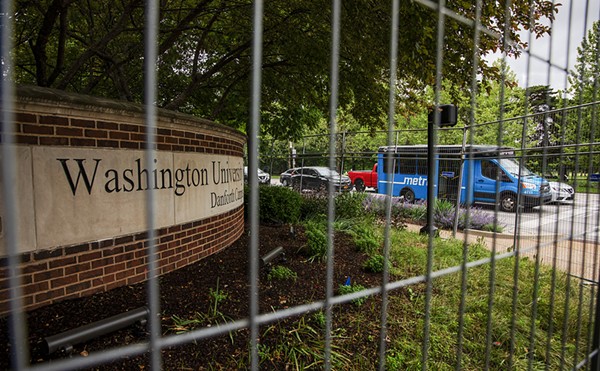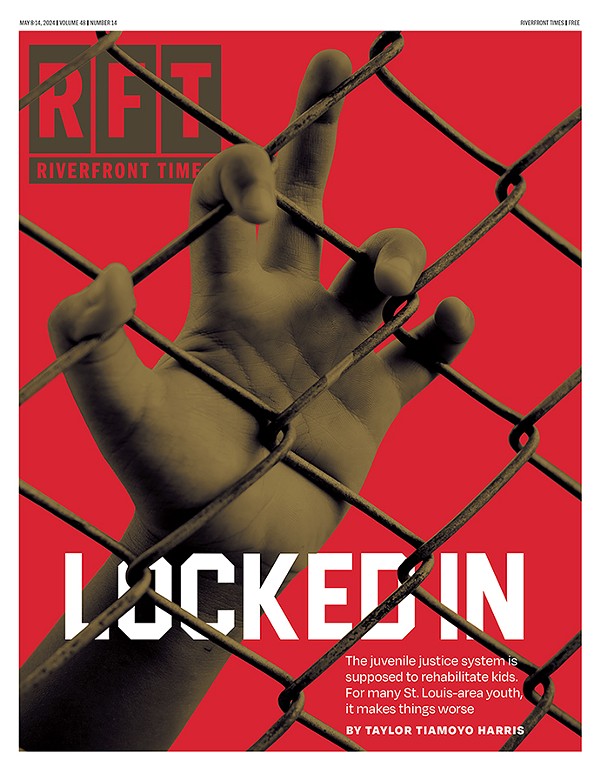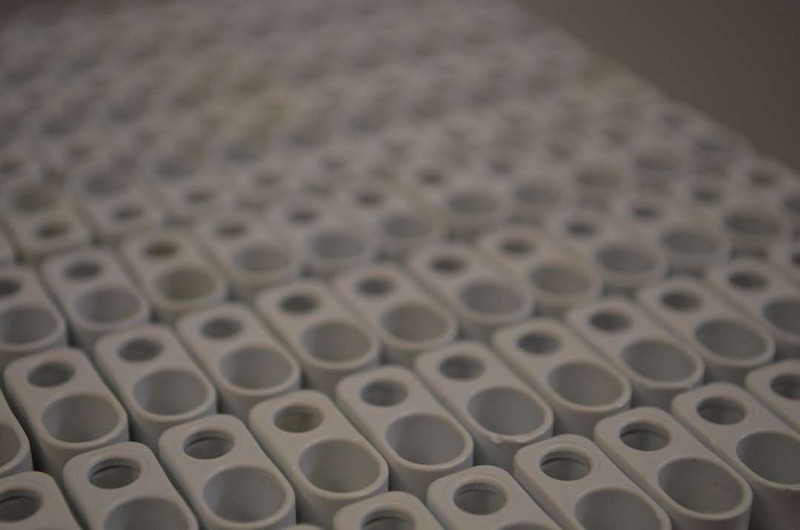
Kavahn Mansouri
Growers can use these devices to punch leaves of growing palm trees. Orion labs can then determine whether the seedling is worthy of adulthood.
“Of all the land on the earth, only five percent of the world's oil lands have oil palm planted on them. But that five percent provides 40 percent of the world's oil,” Lakey says. “Already, this tree is crazy productive, and that's given that 10 percent will be duds. And we’re increasing the yield.”
Lakey has been developing Orion’s technique since 2003. Palm trees were just one of the many crops the company was working on at the time. In late 2011, he discovered the gene that controls the shell thickness of palm fruit, the company's most successful find yet.
Orion only recently moved into the distribution phase, which sends Lakey to Malaysia on a recurring basis. But most of his work takes place in St. Louis.
He says it was important to have Orion in the Midwest
"We are the heart of agriculture in the United States,” Lakey says. “We wanted to be in an area where agriculture was really the primary economic focus. All these massive food companies… it's a big food economy.”
So how does it work? Growers will put a new palm tree into a pot, instead of the ground. When it sprouts its first leaf, the growers will use one of Orion’s punch tabs to collect part of the leaf and send it to Orion’s labs.
There, the lab technicians take the hundreds of samples and determine if they have the thin shell strain that will provide
Orion is now in the process of selling its methods to harvesters in Malaysia. It’s estimated that if even one percent of the low-yielding trees can be eliminated, Malaysia's annual Gross National Income would increase by $251 million.
Not surprisingly, the breakthrough has garnered the local company some international attention. Orion was named a disruptive company by the BBC, meaning its innovation is likely to change the rules of an industry.
As Lakey walks through Orion’s suite of rooms in the Center for Emerging Technologies, part of the Cortex hub in the Central West End, he fawns over his favorite pieces of equipment, describing how they work and where they fit into Orion’s process. He peers through his thinly rimmed glasses into a bag of punched palm tree leaf samples and smiles.
The entrepreneur gets noticeably excited when he talks about his work, beaming as he introduces each lab technician and each piece of equipment, all the way down to the lab’s simplest, but perhaps most important, piece: the company foosball table.
A biochemistry major at the University of Texas at Austin, Lakey received an MBA from Washington University's Olin School of Business. He has worked on the Orion project since 2003. Before founding the company, he spent four years as the director of DNA sequencing at Millennium Pharmaceuticals in Massachusetts before it was sold for $8.8 billion.
He says his love for genes stretches back to his childhood in
“I think, for science to be successful, you also have to be able to tell a compelling story,” Lakey says. His grandfather read children's stories on his radio show, which still inspires Lakey today. “His passion for communication and for telling a great story, and his passion for the poor and feeding the world were two things that really inspired me as a young man.”
Orion’s next project is the development of a test that would show a person’s risk of colon cancer based on DNA signals. Lakey says he also plans to continue using tech to improve food growing efficiency, something his grandfather dedicated his life to.
“Our one and only commitment is to DNA technologies and to utilize them to improve healthcare and food production,” Lakey says.
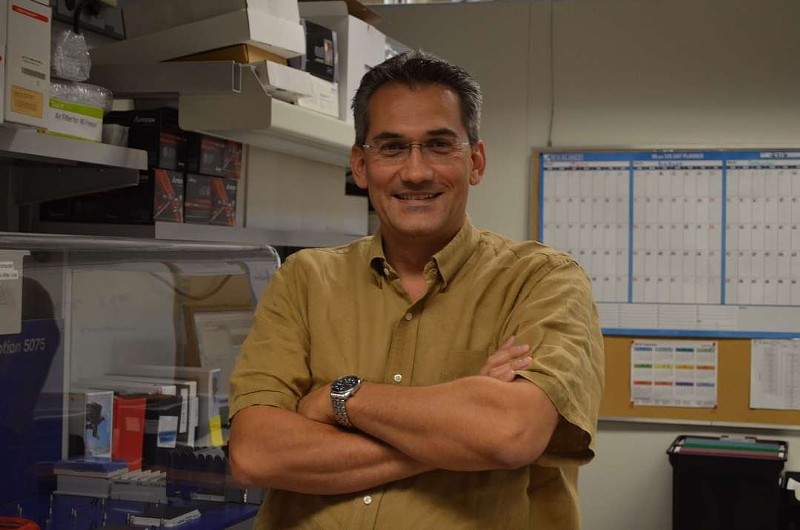
Kavahn Mansouri
President and CEO of Orion Genomics, Nate Lakey. He made his breakthrough with palm fruit in late 2011.

